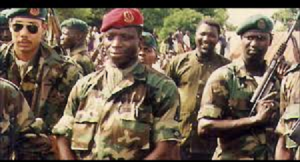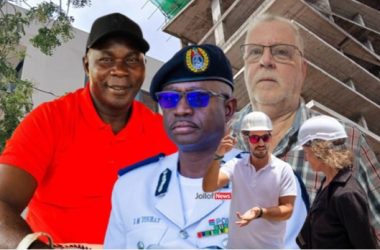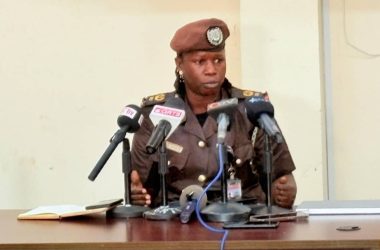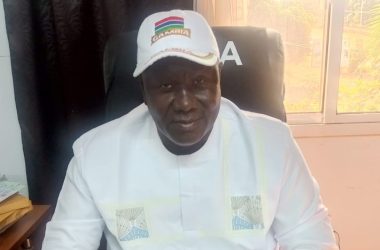
The Gambia’s Truth, Reconciliation and Reparations Commission (TRRC) looking at the misdeeds of the previous regime of President Yahya Jammeh from 1994 to 2017 is set to hear more testimonies related to the execution of soldiers suspected of plotting to overthrow the then military junta on November 11th 1994 and the death of former Finance Minister Ousman Koro Ceesay in June 1995.
According to Baba Galleh Jallow, executive secretary of the TRRC, the TTRC is interested in hearing more testimonies on how and why November 11 happened, who the main actors were and the whereabouts of those who disappeared during that incident.
He said the Commission is also interested in hearing more testimonies about circumstances surrounding Koro Ceesay’s death.
During its second three-week session last month, the Commission heard testimonies from 12 witnesses, bringing to 25 the total number of witnesses heard since the beginning of its hearings on January 7, 2019. Six of these witnesses are resident in Europe and North America, three of whom testified via video conferencing while the other three were flown in by the TRRC to testify.
Twenty of these witnesses are current or former officers of the Gambian security forces. The remaining five are civilians, including civil servants, former government ministers and one business man. All 25 male witnesses were either invited or voluntarily offered to testify.
Mr Jallow revealed that the Commission said have had statements from female victims, but it finding difficult to convince some of them to testify.
“We are pleased to note that the revelations at the Commission’s hearings so far have generated serious public interest in our work and inspired in many Gambians a growing determination to ensure that never again shall we tolerate gross violations of our human rights or the emergence of a dictatorship in this country,” Mr Jallow said.
He added: “The hearings have also inspired a robust conversation on what to do with persons adversely mentioned in witness testimonies. We wish to inform the general public that in line with the provisions of the TRRC Act, all persons adversely mentioned so far have been or will be served with notices of adverse mention. Persons who receive these notices may choose to voluntarily come forward and give their statements. They may also at some point either be invited, summoned or subpoenaed to appear if the Commission so decides.

“We are happy to report that the TRRC now has two psychosocial support workers in our Victim Support Unit which, in collaboration with the Women’s Affairs Unit, the Research and Investigations Unit, and the Legal Team provide counselling to all witnesses before, during and after every hearing. Every witness meets several times with staff of each of these units in preparation for appearance before the Commission. Post-hearing sessions are also held with each witness and follow-up assessments conducted. ”
Mr Jallow said an ambulance, four paramedics and psychosocial support workers are always present during the hearings to offer support to witnesses.
He added that the Commission’s Victim Support Unit is also continuing to work closely with the Medical Board set up by the Ministry of Health at the request of the TRRC to review the cases of victims who need urgent medical attention.
“We are happy to report that during January and February 2019 as the hearings were happening at Dunes Resort, TRRC units were conducting several community outreach activities across the country with a view to continuing the national conversation on the mandate and work of the Commission, the causes and consequences of dictatorship, how best Gambians can make sure that it never happens in this country again, and how best to promote justice, healing, peace and reconciliation as key defining characteristics of our national character. In addition to seeking to empower Gambian communities, these outreach activities demonstrate the TRRC’s policy of inclusiveness,” Mr Jallow said.
“We believe that no Gambian voice should be left out of this national conversation, that each Gambian voice should be capable of expressing an informed opinion on issues of national interest, and that each Gambian voice should in fact express an informed opinion on issues of national interest.”






Let’s TRRC continue their work up the last man standing.